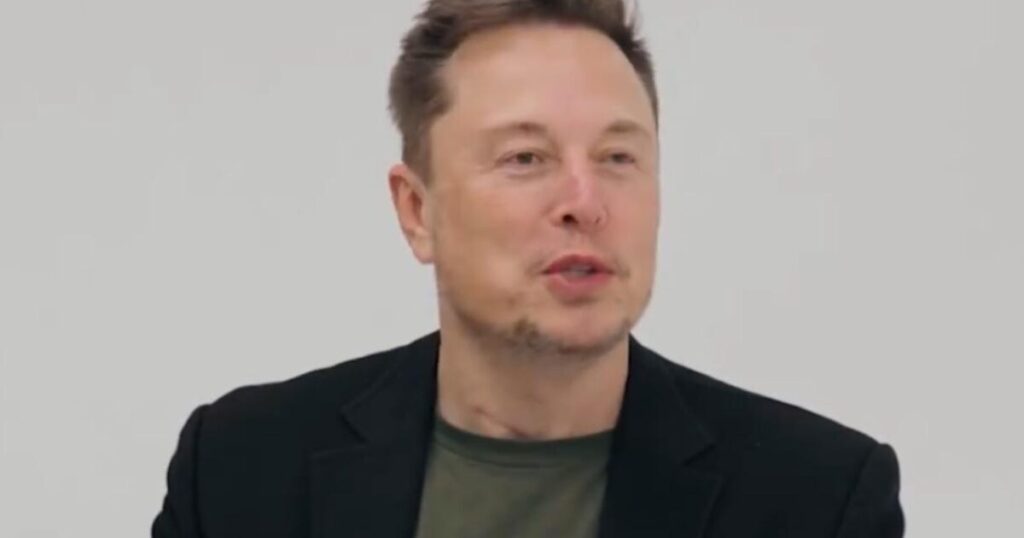Elon Musk’s recent interview with Tucker Carlson on X showcased a range of controversial topics, particularly Musk’s unwavering support for Donald Trump. After endorsing Trump in Butler, Pennsylvania, Musk elaborated on his belief that if Trump doesn’t win this election, it could mark the end of significant electoral processes in the future. He voiced strong convictions about the political landscape, suggesting that the consequences of a Trump loss would be far-reaching. Furthermore, Musk indicated that this election is uniquely pivotal and carries implications not just for Trump, but for the broader trajectory of American politics, posing questions about governance, freedom, and civil rights.
One of the more sensitive topics Musk touched upon was the ongoing chatter surrounding the Epstein client list and its potential implications for high-profile billionaires. Musk boldly suggested that the surge in support for Kamala Harris from elite circles stems from fears associated with the potential release of this list, should Trump prevail in the election. He insinuated that many influential backers of Harris are likely entangled in shadowy associations with Epstein, a claim that paints a rather conspiratorial landscape. Elon suggested that notable figures such as Reid Hoffman and Bill Gates might be feeling uneasy over this possible outcome, indicating a deep divide and suspicion within the upper echelons of society regarding their political affiliations.
Musk didn’t shy away from discussing societal issues outside of political endorsements. He addressed the devastating effects of Hurricane Helene and highlighted how he is aiding victims with Starlink technology. Musk’s commitment to providing reliable internet connectivity is more than just a technical concern; it signifies his dedication to supporting communities in crisis, allowing them to connect with the outside world amid devastating circumstances. By linking technological innovation with humanitarian efforts, Musk underscores the responsibility he believes billionaires and tech leaders should possess in assisting those in need, further intertwining his advocacy for Trump with that of societal responsibility.
The conversation shifted gears to touch upon various contentious topics, including vaccines and movements aimed at decriminalizing crime in certain urban areas. Musk’s opinions on these subjects suggest a skepticism towards certain governmental narratives and policies. He appeared critical of the mainstream discourse surrounding vaccines, implying a need for a more open, nuanced dialogue regarding health and governance. The remarks on decriminalization prompted discussions around crime and societal order, reflecting concerns Musk shares about how societal crime policies could lead to broader leniency and changes in law enforcement practices.
Another significant issue Musk addressed was the broader implications of Europe’s declining birthrate, which he associates with cultural shifts and socio-political dynamics within society. He argued that this trend signals a worrying future, fed by anti-human messaging that pervades modern discourse. Musk asserted that the decline in birthrates could have dire consequences for societal longevity and stability and urged a renewed focus on promoting family structures and religious beliefs as potential antidotes to these troubling trends. His commentary aligns with a broader philosophical stance that suggests societies thrive best when grounded in familial and spiritual foundations.
Lastly, Musk tackled the emergence of artificial intelligence and its congruence with what he describes as the “Woke Mind Virus.” His reflections indicate a deep concern over how the programming of AI could be influenced by this ideological framework, potentially skewing technological progress toward agendas that may not benefit society as a whole. Additionally, he hinted at his aspirations for a role within a potential Trump administration, expressing a desire to shape policy discussions in a manner that aligns with his vision for technology, governance, and societal improvement. Musk’s dialogue with Carlson encapsulated his multifaceted approach to contemporary issues—blending technology, politics, and social commentary—while revealing a personality that is both controversial and significantly influential in today’s societal discourse.

